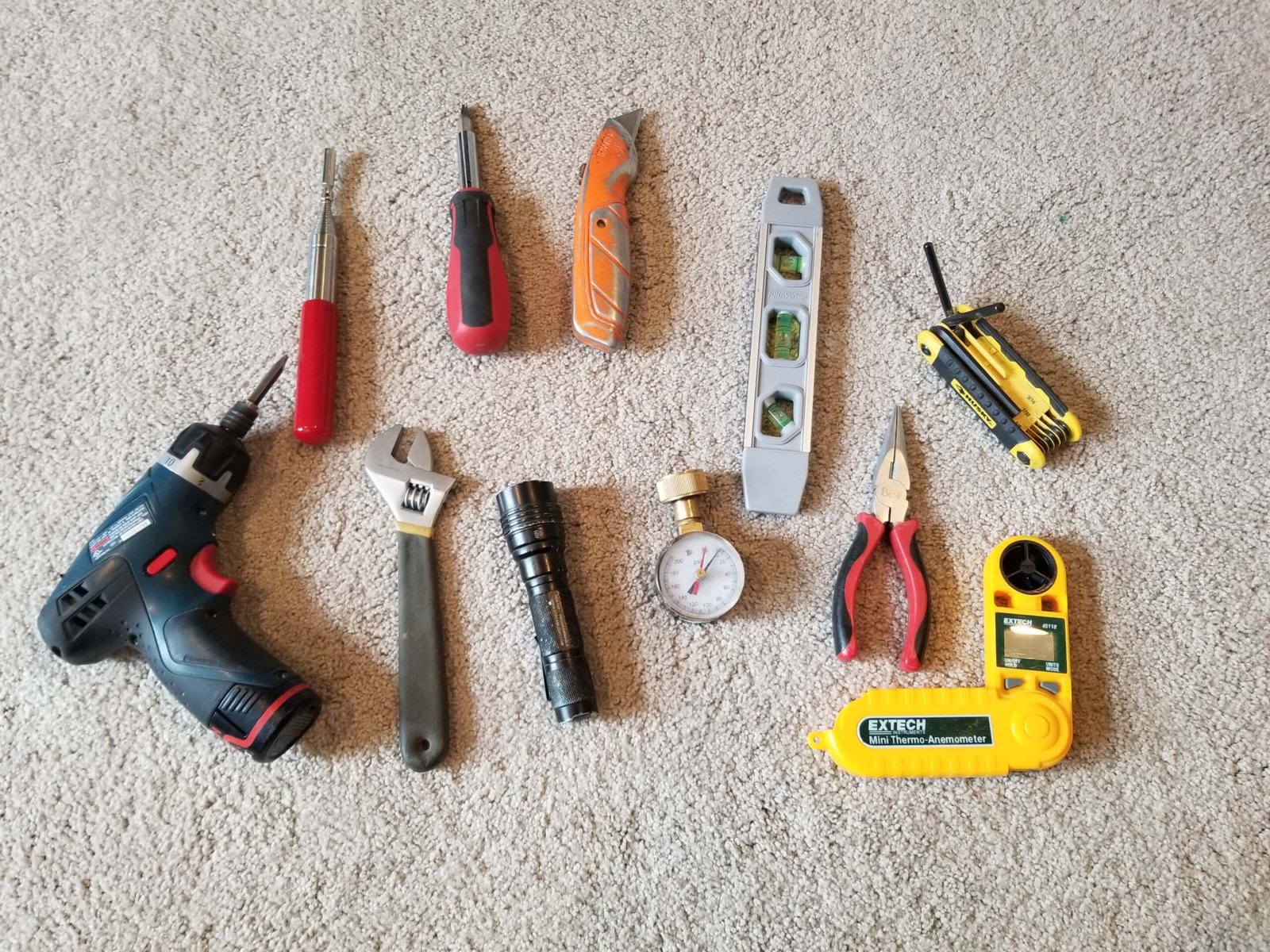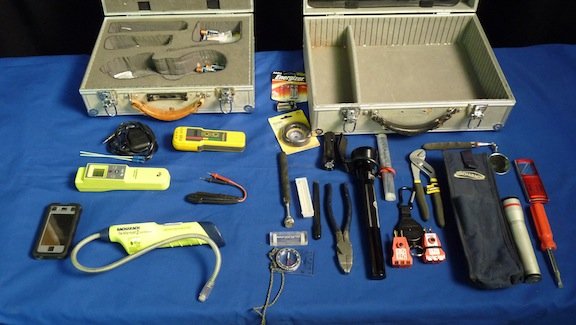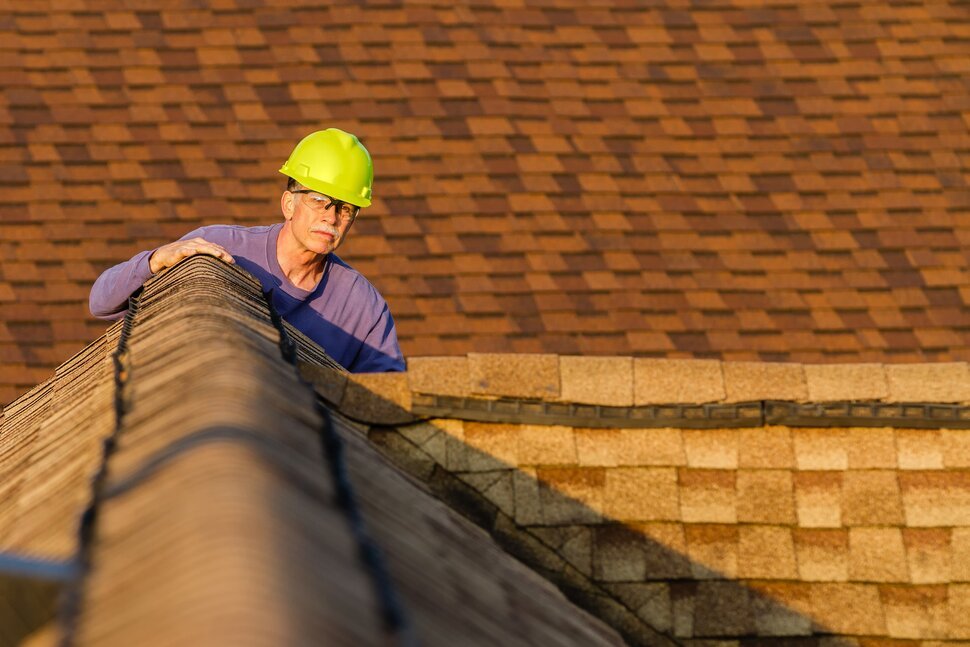Home inspectors use various tools to ensure that they conduct thorough and accurate inspections. Knowing the best home inspection tools for inspectors is important for anyone in this field. These tools help inspectors assess the condition of a property, identify hidden issues, and give buyers a clear understanding of the home’s condition. This post will guide you through the top tools that every home inspector should have in their toolkit.
1. Flashlight: A Must-Have for Every Inspector
One of the most important home inspection tools for inspectors is a flashlight. Inspectors need to look in dark corners, attics, basements, and crawlspaces, where light might be limited. A strong flashlight helps them see clearly and find any hidden issues like mould, pests, or water damage. Without good lighting, it’s easy to miss important details that could affect the inspection report.
Tip: Choose a durable, high-lumen flashlight with adjustable settings for different situations.

2. Moisture Meter: Detecting Water Damage
Another essential tool on the list of best home inspection tools for inspectors is a moisture meter. This tool helps inspectors detect hidden water damage in walls, ceilings, and floors. Excess moisture can lead to mold growth and structural damage, so it’s crucial to identify and address it early. The moisture meter gives accurate readings, helping inspectors spot leaks or areas at risk of water damage.
Tip: Look for a non-invasive moisture meter that doesn’t require drilling into the walls.
3. Thermal Imaging Camera: Finding Hidden Problems
A thermal imaging camera is one of the most advanced best home inspection tools for inspectors. It allows inspectors to see temperature differences in the home’s structure. This is useful for identifying issues that can’t be seen with the naked eye, like insulation problems, electrical hotspots, or plumbing leaks behind walls. The camera uses infrared technology to provide a visual map of temperature patterns.
Tip: A thermal imaging camera can save time and help inspectors quickly identify areas that need further investigation.
4. Ladder: Reaching High Places
For many home inspections, a ladder is a must-have tool. Whether it’s for checking the roof, inspecting gutters, or examining the attic, a ladder allows inspectors to reach higher areas safely. The best home inspection tools for inspectors should include a sturdy, adjustable ladder that can handle different heights and support the inspector’s weight. It’s crucial for accessing areas that are otherwise hard to reach.
Tip: Make sure the ladder is stable and tall enough for roof inspections to avoid accidents.
5. Inspection Mirror: Looking in Tight Spaces
The inspection mirror is another tool that is commonly used in home inspections. It is especially useful for examining tight spaces, such as under sinks, behind appliances, or inside crawlspaces. The mirror allows the inspector to view areas that are difficult to see, helping them find potential problems like leaks or pests. It’s a simple but effective tool to include in your list of best home inspection tools for inspectors.
Tip: A telescoping inspection mirror is ideal for reaching far areas without straining.
6. Voltage Tester: Checking Electrical Safety
Electrical safety is a key concern during a home inspection. A voltage tester is one of the best home inspection tools for inspectors to ensure that electrical systems are working correctly. The tester helps determine whether outlets and circuit breakers are properly functioning and can identify faulty wiring or electrical hazards. It’s important to have this tool to ensure that the home is safe for future occupants.
Tip: Always check for exposed wires or improper grounding to prevent electrical accidents.
7. Compass: Checking Property Boundaries
The final tool we’ll mention is a compass, which may seem simple but is an important part of the best home inspection tools for inspectors. A compass helps inspectors verify property boundaries, especially when evaluating land and outdoor features. It is also used for determining the direction of the house, which can be useful for assessing potential energy efficiency issues related to sunlight and wind.
Tip: A high-quality, durable compass ensures accuracy and longevity during your inspections.
Final Thoughts on the Best Home Inspection Tools for Inspectors
In conclusion, knowing the best home inspection tools for inspectors is crucial for performing accurate and thorough home evaluations. Tools like flashlights, moisture meters, and thermal imaging cameras help inspectors identify hidden problems, ensuring the home is safe and functional. With the right equipment, inspectors can confidently report their findings to clients, helping them make informed decisions about their property. Whether you are just starting out as an inspector or looking to update your toolkit, investing in high-quality tools will pay off in the long run.




